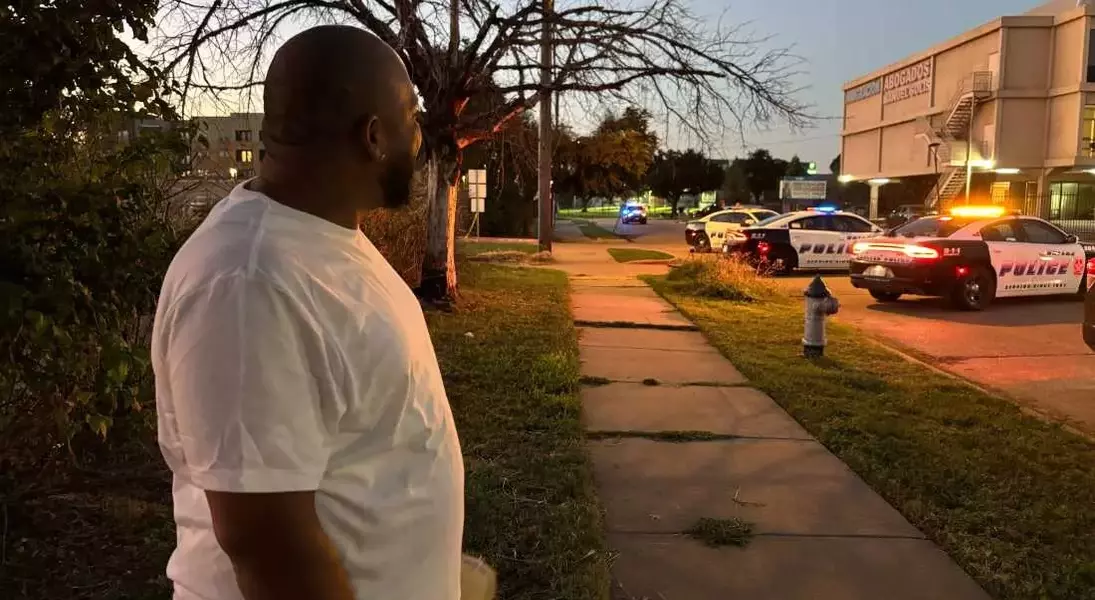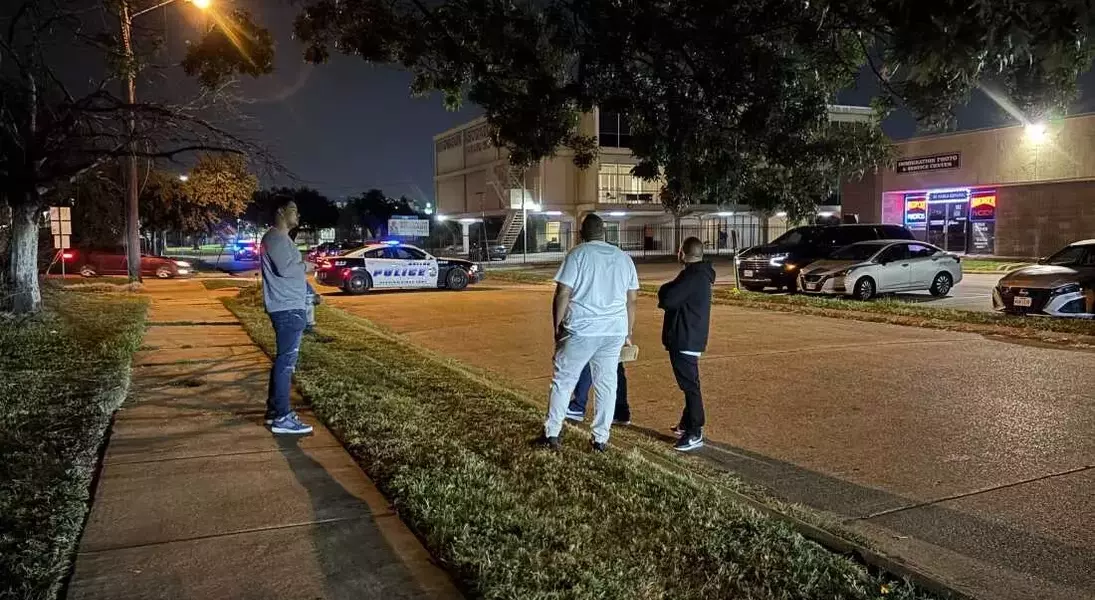




In the wake of a fatal shooting at the U.S. Immigration and Customs Enforcement (ICE) facility in Dallas, numerous migrants, driven by concerns over their legal status, presented themselves for scheduled check-ins, only to find the office closed and appointments canceled. This situation highlights a profound communication gap between ICE and the immigrant community, leaving many in a state of fear and uncertainty regarding the future of their immigration cases.
Migrants Confront Closed Doors and Uncertainty Following Dallas ICE Shooting
On September 25, 2025, in Dallas, Texas, a day after a tragic shooting incident at the U.S. Immigration and Customs Enforcement (ICE) field office resulted in one death and two injuries, numerous migrants arrived for their mandatory check-in appointments, only to be turned away. The facility remained an active crime scene, yet many individuals, including 'A,' a Colombian immigrant residing in Los Angeles, and Marcos, a Venezuelan immigrant, appeared at dawn. Both had not received official notifications about the closure or postponement of their appointments and expressed profound fear of jeopardizing their pending immigration cases if they failed to appear.
As the morning progressed, more migrants gathered, presenting their documentation to a scene devoid of ICE agents. Dallas Police Department officers were present to manage the perimeter, with one Spanish-speaking officer attempting to assist the confused crowd. He advised them to contact their attorneys or call the ICE facility's listed number, quickly becoming overwhelmed by inquiries. Benjamin Bellorin, a 53-year-old Nicaraguan migrant who had traveled over two hours from Breckenridge, Texas, voiced his fear and dedication to adhering to the law. The officer, empathetic to their plight, even consulted his immigration attorney wife for a contact email, suggesting migrants return on Monday. This event underscored the vulnerability of migrants caught between strict legal requirements and the lack of clear communication during a crisis.
This incident vividly illustrates the immense pressure and precariousness migrants experience within the immigration system. Their unwavering commitment to following legal obligations, even in the face of fear and uncertainty, speaks volumes about their desire for stability and legal residency. It also brings to light the critical need for more robust and immediate communication channels from government agencies during unforeseen circumstances. The potential for missed appointments to lead to severe consequences like detention or deportation highlights a systemic flaw that requires urgent attention to ensure humane and equitable treatment for all individuals navigating the complex immigration landscape.
